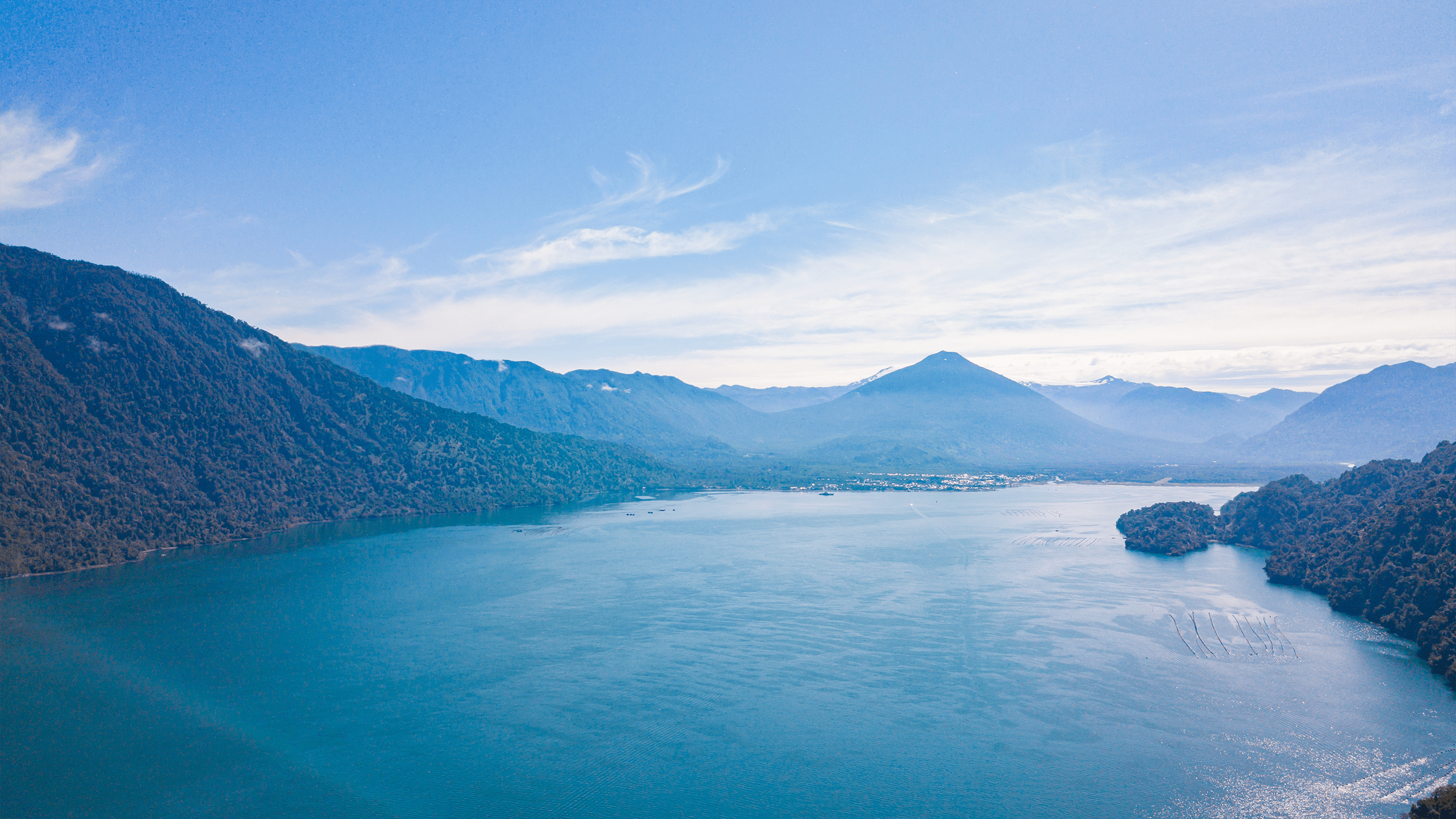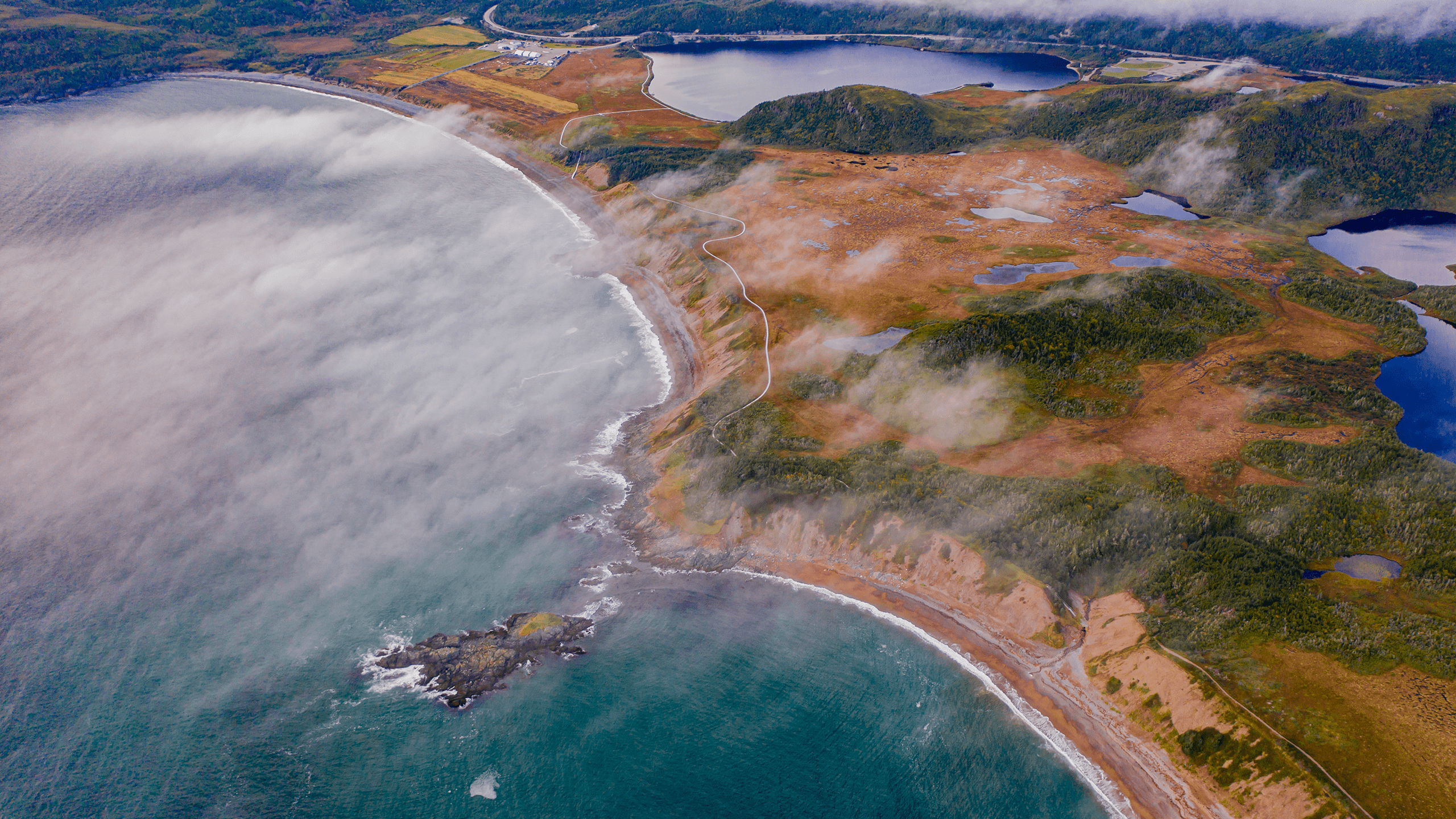Configure Now
Items in Your Cart0
0Items in Your Cart
Start building your packageShop Now
Geography is divided into three branches: physical, environmental and human geography. Physical geography involves studying the planet’s natural features like the weather, soil, water cycles, mountains and icebergs; both above and below the earth. Environmental geography attempts to understand how human spatial patterns impact and are impacted by the planet, as well as how human interactions have changed over time. Human geography concentrates on understanding people including analyzing distributions of populations, the activities and organizations of people in different locations. Within geography, there are many other types of fields that shape and are shaped by it, such as demographics, ecology, climatology, trade, cultural anthropology and many more.

Also, the field of geography is important for understanding pressing environmental issues that are affecting people today, such as climate change. Looking at climate change from a geographical lens allows scientists to examine the problem thoroughly. For example, it helps to understand how humans are influencing the crisis, identify mitigation strategies and predict how climate change will alter both the environment and the human population.
Geographic Information Systems (GIS) is designed to store, manage, display and examine data. The basic principle is to utilize a GIS software to build a map from data to analyze for any valuable information. For example, GIS can be used to create maps showing average incomes, ages or climate distributions in a certain country or over the world. GIS is valuable to the study of geography as it is a useful tool to examine the relationships between humans and the environment. The technology is important as creating a map from data allows for thousands of issues to be analyzed.

GIS is a valuable skill as it is applicable to many different industries such as planning, environment, business and policymaking. As well, it can help build other skills in problem solving, analysis and visual communication.
If you are in a location far from your house, try immersing yourself in the culture too, through trying new food, visiting museums, listening to local music or going during a time of local festivities.
Alternatively, if you don’t want to go outside and explore, try watching a documentary on a particular geographical area or research it.
Geocaching utilizes any device with Global Positioning System (GPS) to find treasures (known as caches) hidden in a certain outdoor location. To start caching, sign up on geocaching.com. After creating an account, you can find the coordinates of a cache close to you. When you have discovered the treasure make sure you return the box and if you take an object, replace it with something else.
Earthcaching is a type of geocaching. However, it is different as it involves finding a cache to learn about a certain geological topic. Earthcaching locations can be also be found on geocaching.com.

The robots help keep divers safe as the technology can examine hard to reach/dangerous places. Also, ROVs allow people to explore the water bodies without having to go in. When adventuring, the vehicles can record high-quality videos and photographs of underwater adventures to create a video with.
Also, ROVs can be equipped with various add-ons to enhance research abilities. For instance Homa Kheyrollah Pour assistant professor at Wilfrid Laurier University's Department of Geography and Environmental Studies has utilized a ROV to examine how climate change is affecting ice on Arctic Lakes. The vehicle was able to gather critical data through helping the team collect water and sediment samples, and temperature readings.
Talk to Us About Finding a ROV for Your Geographical Adventures and Activities
The ROVs are built to be deployed in a variety of underwater conditions such as cold or unpredictable waters, harsh currents and depths up to 1000m (300ft). When exploring, the submersible vehicles are easy to operate and maneuver around these environments. As well, the robots can collect a variety of data at different points in a body of water using sensors like The Multiparameter Water Quality Analysis Sonde or The Dissolved Oxygen Sensor Kit.
If you are looking for a ROV to add to your geographical operations, the team at Deep Trekker is happy to help find the right fit, contact us today!
November 17 – 23rd is Geography Awareness Week, a week dedicated to everyone being an explorer in their own way, whether it is exploring your community or an area you've never been before. Take a moment to think outside of your comfort zone of where you could go exploring.

Everyday someone is diving, snorkeling, free diving, using their GoPro, underwater camera and remotely operated vehicle to find out what is below the water. Yes, many times it is for commercial reasons such as inspecting underwater structures, but even still sit back for a moment and realize how astronomically advanced we have become. We has humans continue to push the boundaries of exploration and continue to uncover more and more mysteries.
This year’s theme of Geography Awareness Week is: Geography and the New Age of Exploration. The title could not be fitting as exploration of our great land, air and water become more advanced. This week alone, we have posted about an ROV that has found a Mangapinna Squid and a Jellyfish Deepstaria. These discoveries sometimes can be misinterpreted to finding a Sea Monster to those unaware of these rarely seen species, but in turn this also engages the everyday person to learn more about the animals that live in our waters.
I hope that you take time this week to go somewhere you’ve never been and share your experiences with us – have you found something neat underwater that’d you like to share? We see a lot of bass in the Great Lakes region here in Southern Ontario, but even those are exponentially cooler when you’re seeing them through the eyes of a Deep Trekker.
July 30th, 2021
Learn all about remotely operated vehicle pilots: how to become one,...
November 5th, 2024
Learn more about what sonar is and its many uses. Read...
December 23rd, 2021
ROVs and sonar can be used to inspect underwater structures such...